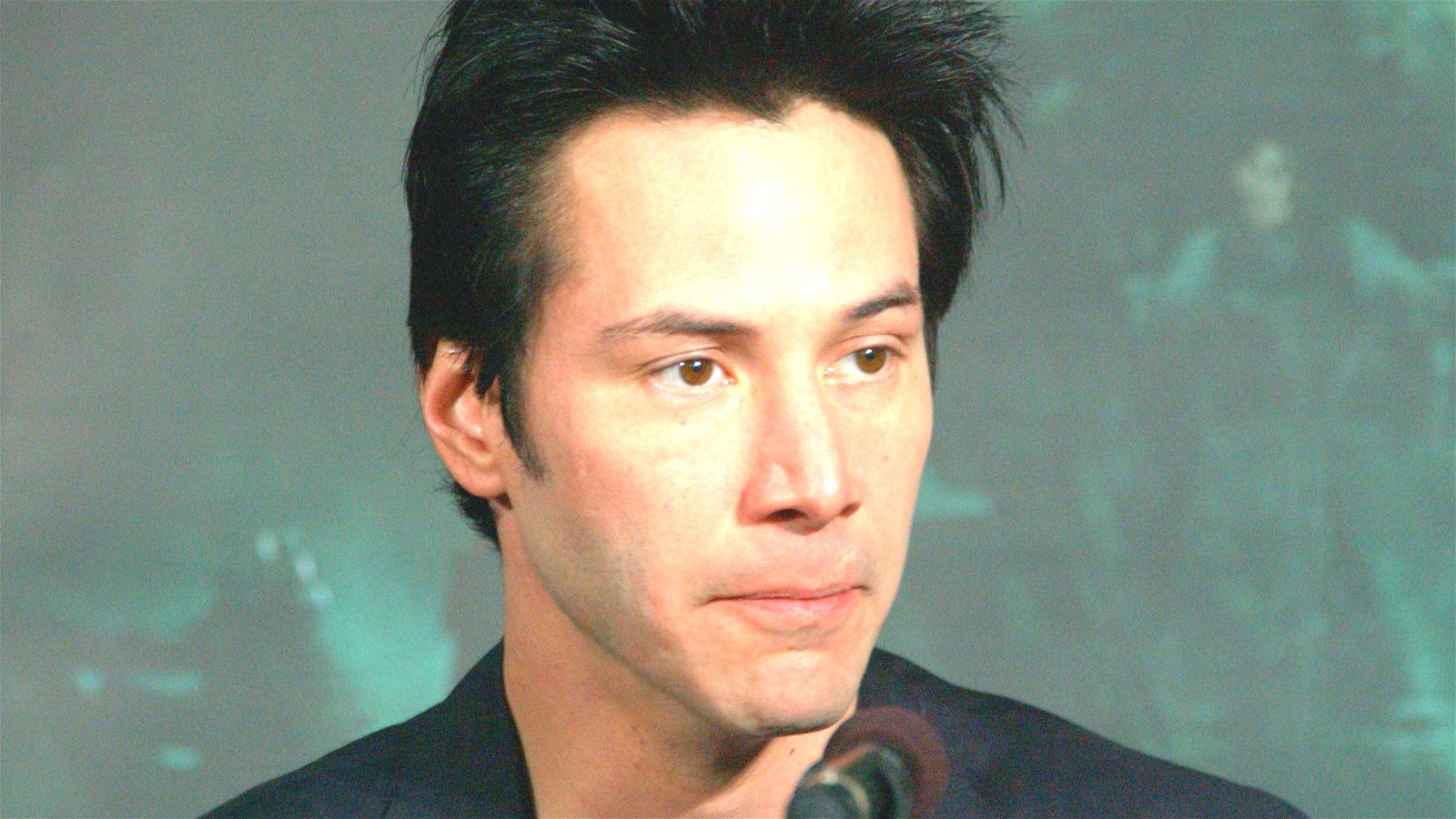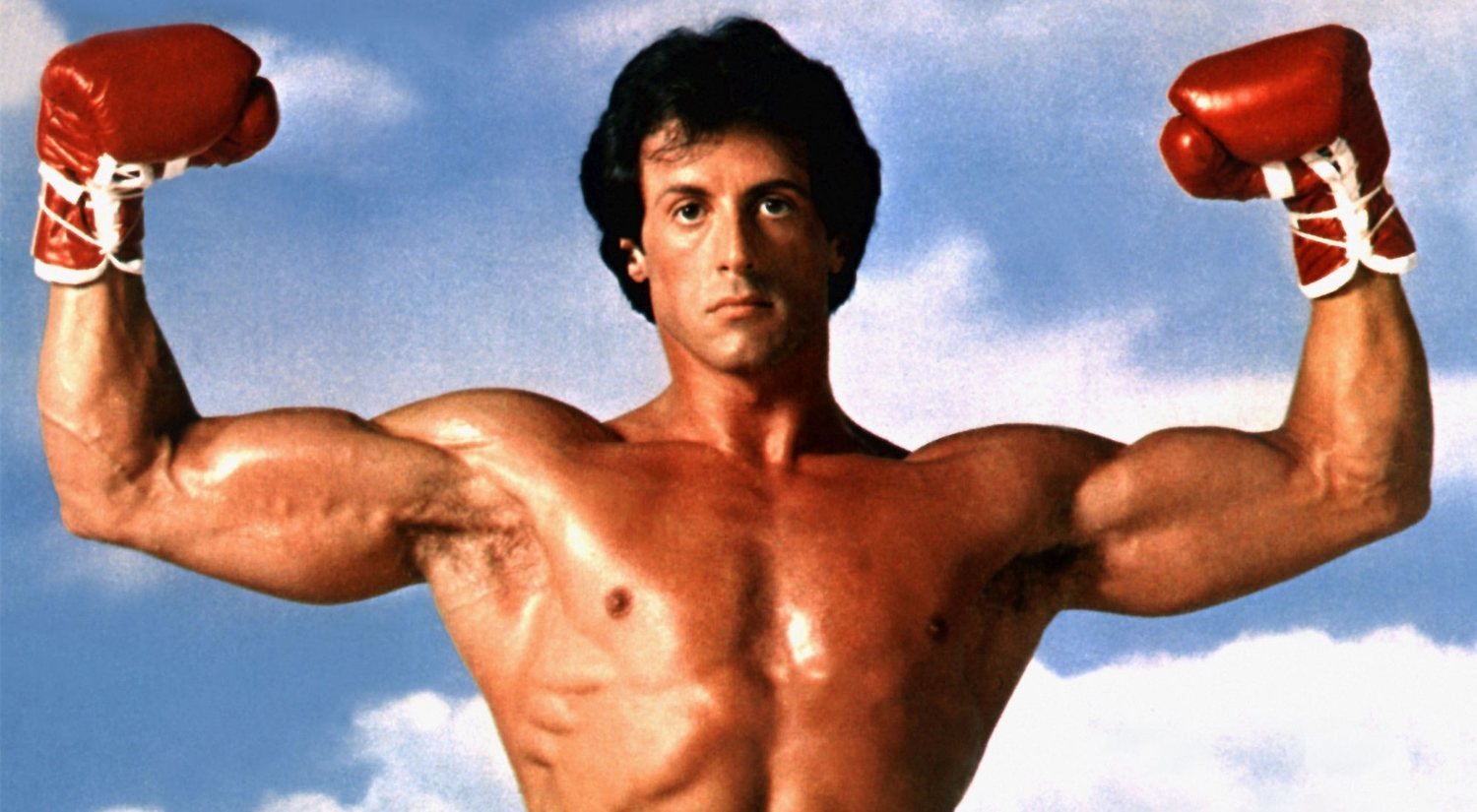The rock music scene mourns the loss of a truly unique personality. Ace Frehley, the iconic guitarist instrumental in shaping the sound and image of Kiss, died at 74, leaving an immense legacy that reshaped hard rock’s trajectory and influenced countless musicians.
The announcement of Frehley’s demise triggered a wave of sorrow among admirers and fellow musicians worldwide. Recognized for his distinctive “Space Ace” character and his powerful guitar solos, Frehley was not merely a co-founder of Kiss; he was the innovative force that launched the group from the New York club circuit to international fame. His departure signifies the conclusion of an epoch for rock music and for countless devotees who were raised on the band’s memorable makeup, thrilling shows, and defiant spirit.
The emergence of a rock legend
Paul Daniel Frehley, born on April 27, 1951, in the Bronx, New York, grew up in a working-class household where music and artistic expression were highly valued. From a young age, Frehley displayed an innate aptitude for the guitar, learning to play by ear and drawing inspiration from prominent figures in blues, rock, and rhythm and blues. His distinctive approach blended melody and distortion in a manner that was difficult to imitate, and by the early 1970s, his technical prowess and captivating stage presence were already gaining recognition within New York’s burgeoning rock community.
In 1973, when Frehley answered an ad placed by bassist Gene Simmons and rhythm guitarist Paul Stanley, the chemistry was immediate. Along with drummer Peter Criss, they formed Kiss — a band that would go on to revolutionize the music industry with its theatrical performances, pyrotechnic shows, and unmistakable visual identity. Frehley’s input was instrumental in shaping the band’s sonic direction, contributing not just as a guitarist but also as a songwriter and performer who brought depth to the group’s larger-than-life image.
His guitar work on songs like “Shock Me,” “Cold Gin,” and “Parasite” became the stuff of legend. The use of custom Les Paul guitars fitted with smoke bombs and light effects turned his solos into visual spectacles, elevating Kiss concerts into experiences that blurred the line between music and performance art.
Creative genius and personal struggles
While Frehley’s artistry was undeniable, his time with Kiss was also marked by inner conflicts, exhaustion, and struggles with fame. The 1970s were a whirlwind for the band, with back-to-back tours, relentless media exposure, and the pressure to continuously outdo themselves. Frehley, who often preferred to focus on the music rather than the spectacle, found himself at odds with the increasingly commercial direction the group was taking.
Even with internal conflicts, his input stayed crucial. During 1978, Kiss launched individual albums from each member, all marketed under the Kiss name — and Frehley’s album garnered the greatest critical and commercial acclaim. His track “New York Groove,” a rendition of the Hello song, ascended the music charts and emerged as one of his defining successes, confirming his personal skill apart from his Kiss identity.
Nevertheless, the demanding rhythm of touring, studio work, and continuous public scrutiny exacted a heavy price. Frehley battled with addiction and exhaustion, culminating in his exit from Kiss in 1982. This split proved challenging for both the group and its admirers, given Frehley’s role as a foundational creative member. Still, his departure enabled him to forge his individual musical journey, where his enthusiasm for unadulterated, guitar-centric rock could thrive unhindered.
Redefining the Space Ace
After leaving Kiss, Ace Frehley launched his solo career, forming the band Frehley’s Comet in 1984. His new project quickly gained traction, with albums like Frehley’s Comet (1987) and Second Sighting (1988) showcasing his distinctive guitar sound and songwriting style. Though he never reached the commercial heights of Kiss, Frehley earned respect as a solo artist committed to authenticity and musical freedom.
His live shows were intimate yet powerful, offering fans a closer look at the man behind the “Space Ace” makeup. Frehley’s performances were fueled by passion and gratitude, often including heartfelt stories from his early days and anecdotes about his time in Kiss.
In subsequent years, he emerged as a cult figure within the rock scene—a symbol of endurance, uniqueness, and the pure essence of rock ‘n’ roll. He kept putting out records throughout the 2000s and 2010s, including Anomaly (2009) and Spaceman (2018), both lauded for embodying the raw power characteristic of his initial creations.
Legacy within and beyond Kiss
Ace Frehley’s impact on rock guitar is vast. His melodic style, innovative application of effects, and the equilibrium he struck between technical prowess and emotional delivery served as inspiration for numerous musicians. From Slash (Guns N’ Roses) to Dave Grohl (Foo Fighters), various artists have acknowledged him as a pivotal figure in shaping their musical journeys.
His impact also extended beyond sound. Frehley helped shape the very concept of the rock star as a cosmic, theatrical figure — a role that combined musicianship, mystique, and visual storytelling. His “Spaceman” persona became one of the most recognizable in rock history, inspiring not only guitarists but also artists in fashion, design, and film.
In 1996, after nearly 15 years apart, the original Kiss lineup reunited for a world tour. For millions of fans, it was a dream come true — a chance to see the four original members together once again in their full makeup and glory. Frehley’s return brought authenticity and nostalgia to the band’s performances, proving that his chemistry with Stanley, Simmons, and Criss was still magnetic.
Despite his eventual departure from Kiss once more in the early 2000s, Frehley cultivated amicable connections with his previous bandmates in subsequent years, conveying appreciation for the heritage they collectively established.
Tributes from the music world
After news of his passing broke, accolades flooded in from all corners of the music world. Paul Stanley characterized Frehley as “a rock brother whose guitar revolutionized everything.” Gene Simmons called him “a visionary whose musicianship was the core of our sound.” Admirers congregated outside the initial locations where Kiss made their debut, placing flowers, candles, and classic mementos in his memory.
Younger artists also joined in the outpouring of respect. Tom Morello, known for his work with Rage Against the Machine, called Frehley “a pioneer who proved that attitude and innovation could coexist.” Members of bands like Metallica and Foo Fighters shared stories of how Ace’s riffs inspired them to pick up a guitar.
Even outside the rock world, tributes emerged. The Bronx borough, where Frehley was born, projected images of his “Spaceman” persona onto the walls of the borough hall, celebrating him as one of the area’s most iconic cultural exports.
A timeless legacy of sound and spirit
The departure of Ace Frehley signifies more than just the absence of a musical talent; it marks the conclusion of a significant era in rock history. Rarely has an artist so fully personified the unbridled energy, defiance, and creativity inherent to the genre. His compositions persist in captivating both long-time admirers and new generations encountering the allure of classic rock for the very first time.
His artistry reminds the world that music, at its core, is about connection — about the spark that ignites when melody, rhythm, and emotion collide. Frehley’s guitar was that spark for millions, lighting up arenas and leaving echoes that will resonate for decades to come.
Though he may be gone, his influence endures in every chord that carries his spirit forward. From the thunderous energy of Kiss’s early albums to his solo explorations of sound and style, Ace Frehley’s contribution to music remains eternal — proof that true rock legends never fade; they simply ascend to another stage.



